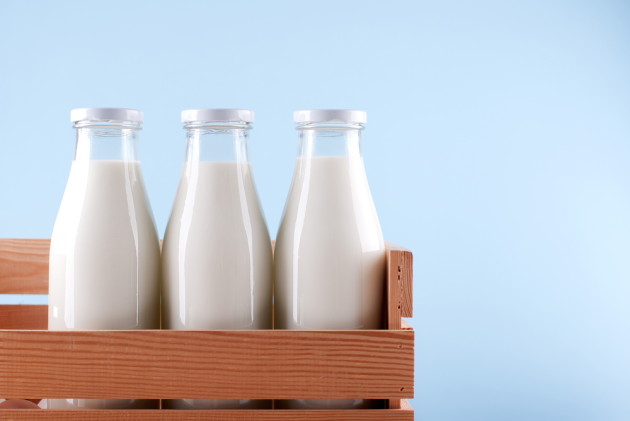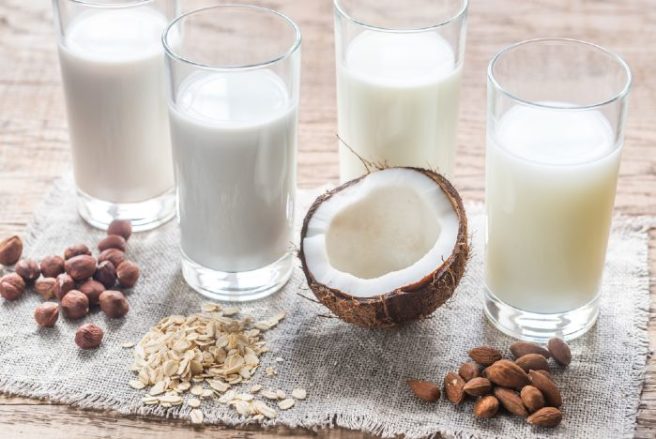
Got milk? Comparing the health benefits of dairy and its alternatives
A recent study found that 41 per cent of Irish women and 30 per cent of Irish men have made the conscious decision to limit their dairy consumption.
It's thought that the growing number of bloggers and influencers promoting plant-based diets has led to the decreased intake, with one in ten people admitting they now believe cow's milk is unhealthy.
Instead, many consumers are now looking to non-dairy alternatives such as soy or almond, but with tonnes of conflicting reports about the nutritional benefits of each, it can be difficult to choose that product that is right for us.
In an attempt to settle the dairy vs non-dairy debate once and for all, we've done some research and compared the health benefits of cow's milk and its most popular alternatives.
Full-Fat Cow's Milk
Pros: As well as being a great source of protein, full-fat cow's milk is rich in minerals and vitamins, essential for helping your body function properly. In fact, just one glass contains five per cent of your recommended intake of vitamins and up to 28 per cent of your daily calcium requirement.
Cons: Cow's milk is high in saturated fat, which, when consumed in excess amounts, increase levels of 'bad' cholesterol.
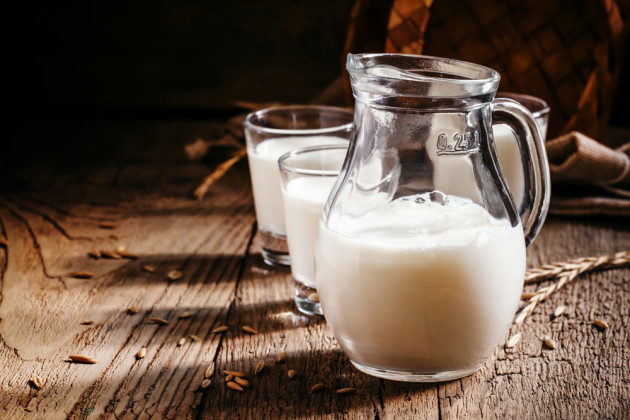
Semi Skimmed Cow's Milk
Pros: Semi skimmed cow's milk provides much the same nutrients as its full-fat counterpart, however it's lower calorie count and added protein makes it ideal for weight loss.
Cons: As a means of compensating for the reduced fat content, extra sugar is sometimes added to make it taste better. However, it's worth reading the label before you make your choice as the same can't be said for every brand.

Soy Milk
Pros: Cholesterol, saturated and trans fats are all naturally absent from soy milk, making it a good choice when it comes to heart health. What's more, research published in the Federation of American Societies for Experimental Biology (FASEB), suggests childhood consumption of soy reduces the risk of bone degradation later in life.
Cons: Some studies claims soy can mimic the female hormone estrogen, thus leading to an increased risk of breast cancer. Other research claims the ingredient could have a possible negative impact on men's fertility.
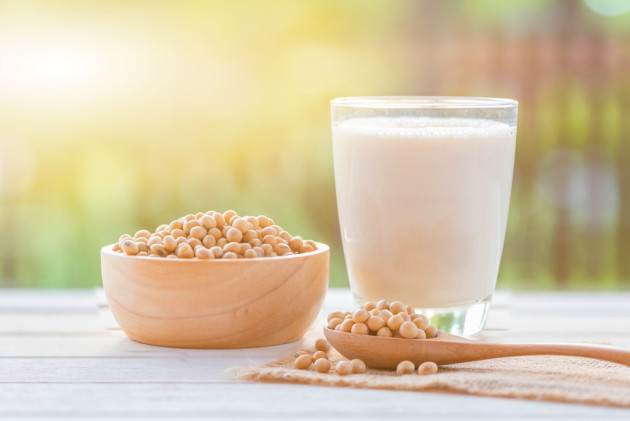
Almond Milk
Pros: Almonds are packed with essential nutrients such as protein, fibre, magnesium and iron. They also contain flavonoids, which help to lower levels of 'bad' cholesterol and maintain heart health.
Cons: Some argue that almond milk is not a healthy alternative to dairy as it does not contain as much protein or calcium. However, it's worth nothing that some varieties are now fortified with calcium, vitamin D and vitamin B12.

Coconut Milk
Pros: Coconut milk is an excellent source medium-chain triglycerides (MCT) – a type of fatty acid that is sent directly to the liver, and then utilised as energy. It also boasts a number of antibacterial and anti-fungal elements to boost your immune system.
Cons: Coconut milk contains specific carbohydrates that may cause stomach upset, meaning people suffering from irritable bowel syndrome (IBS) or inflammatory bowel disease (IBD) should consider eliminating it from their diets.
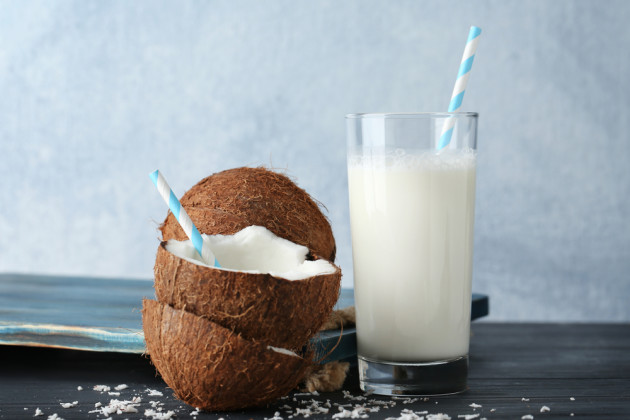
Rice Milk
Pros: As well as being the most hypoallergenic of all milk products, rice milk also contains low amounts of saturated fat. Its balanced nutritional value makes it the perfect alternative for those who can not tolerate other milks, dairy or other.
Cons: Unlike the dairy option, rice milk lacks both protein (0.67 grams per eight-ounce serving) and calcium (283 mg per eight-ounce serving). However, much of the ready-made rice milk we see on supermarket shelves has been fortified to include 25 to 30 per cent calcium.









